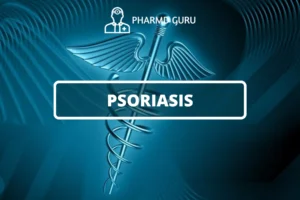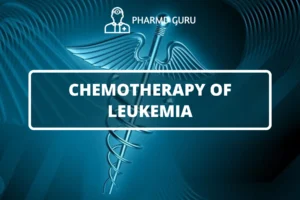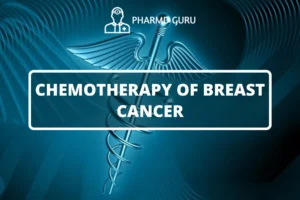Cancer therapy encompasses a range of treatments aimed at combating cancer and improving patient outcomes. The field of cancer therapy has made significant advancements, offering various approaches to target and control cancer cells. This article provides an overview of the basic principles of cancer therapy, including surgery, radiation therapy, chemotherapy, targeted therapy, immunotherapy, and the emerging field of precision medicine.
SCROLL DOWN TO THE BOTTOM OF THIS PAGE FOR ACTUAL NOTES.
Table of Contents
- Introduction
- Surgery
- Radiation Therapy
- Chemotherapy
- Targeted Therapy
- Immunotherapy
- Precision Medicine
- Combination Approaches
Introduction
Cancer therapy focuses on diagnosing, treating, and managing cancer. The selection of treatment depends on factors such as the type and stage of cancer, overall health of the patient, and treatment goals. By understanding the basic principles of cancer therapy, patients and their healthcare teams can make informed decisions and optimize treatment outcomes.
Surgery
Surgery plays a crucial role in cancer therapy, especially for solid tumors that are localized and operable. The primary aim of surgery is to remove the cancerous tumor and any nearby affected tissues. It can be curative when the cancer is completely removed or palliative to relieve symptoms and improve quality of life.
Radiation Therapy
Radiation therapy utilizes high-energy radiation to destroy cancer cells or inhibit their growth. It is often used in conjunction with surgery or as a standalone treatment for tumors that cannot be surgically removed. Radiation therapy works by damaging the DNA within cancer cells, preventing them from dividing and growing.
Chemotherapy
Chemotherapy involves the use of drugs to kill cancer cells or inhibit their growth. These drugs can be administered orally, intravenously, or through other routes, and they circulate throughout the body to target cancer cells. Chemotherapy is effective in treating both localized and metastatic cancers, but it can also affect healthy cells, leading to side effects.
Targeted Therapy
Targeted therapy focuses on targeting specific molecules or pathways involved in cancer growth and survival. Unlike chemotherapy, which affects both cancerous and healthy cells, targeted therapy aims to selectively inhibit cancer cells while minimizing damage to normal tissues. This approach is based on the specific genetic or molecular characteristics of the tumor.
Immunotherapy
Immunotherapy harnesses the body’s immune system to fight cancer cells. It involves the use of substances that enhance the immune response or modify the interaction between cancer cells and the immune system. Immunotherapy can help stimulate the immune system to recognize and destroy cancer cells, leading to durable responses and improved survival rates.
Precision Medicine
Precision medicine is an emerging field that involves tailoring cancer therapy based on an individual’s specific genetic, molecular, and clinical characteristics. By understanding the unique features of a patient’s cancer, precision medicine aims to deliver targeted treatments with higher efficacy and reduced toxicity.
Combination Approaches
In many cases, cancer therapy involves a combination of different treatment modalities. This approach, known as combination therapy, can enhance the effectiveness of treatment by targeting cancer cells through multiple mechanisms. For example, a patient may receive surgery followed by adjuvant chemotherapy or radiation therapy to reduce the risk of cancer recurrence.
ACTUAL NOTES:




